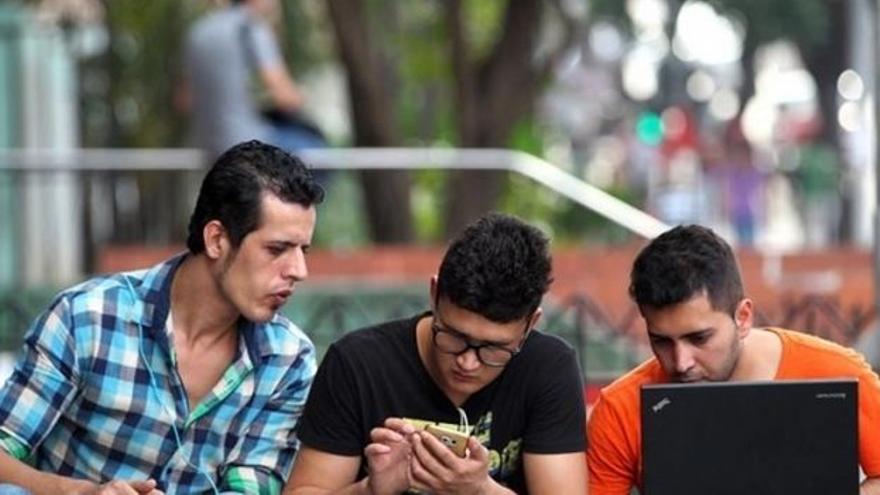
![]() 14ymedio, Havana, 27 August 2022 — With the publication this Friday of Law 149 on the Protection of Personal Data, which will enter into force in February 2023, a set of rules is made official that aims to guarantee respect for “personal privacy.”
14ymedio, Havana, 27 August 2022 — With the publication this Friday of Law 149 on the Protection of Personal Data, which will enter into force in February 2023, a set of rules is made official that aims to guarantee respect for “personal privacy.”
The appearance of a legal body that regulates the processing of private information, “by public and private individuals or entities,” is still controversial in a country like Cuba, where the State intervenes unscrupulously in conversations and personal databases, to manipulate them in its favor in legal processes or as a method of surveillance.
This new legislation, based on articles 40 and 48 of the Constitution of the Republic on “human dignity,” also addresses the existence of archives, information reservoirs and data storage on digital platforms, in addition to the “promotion” of a social culture of data protection.
Published this Friday by the Official Gazette, Law 149 was approved on May 14 by the National Assembly and will enter into force within 180 days. Among the rights that, according to the text, it should guarantee, is the protection of data related to image, voice, identity, religious beliefs, migratory status and political affiliation, as well as medical, judicial and administrative information.
Because the data is of a more sensitive nature, whoever requests it, whether people, companies or authorities, must clearly state the reason to the citizen, in addition to guaranteeing its security and confidentiality. The owner, in addition, must offer his express consent, “freely and unequivocally,” so that his data can be stored in any file, including government files.
“The person may not be obliged to provide sensitive personal data, nor is its processing lawful without the consent” of the owner, according to the legislation in its article 16.1, except “for reasons of general welfare, public order and the interest of defense and national security.”
As for the police and other authorities, Cubans have “the obligation to identify themselves” through their documents, but the authorities don’t have the right to demand “other data other than that reflected in those documents.”
Article 19, one of the most problematic for describing a common practice of some spaces and programs of the Cuban Information System, states that citizens “have the right not to disclose these [their data] and, consequently, to have respected their personal and family privacy, their personal honor and identity, their own image and voice.”
The use of videos, fragments of conversations, photographs, names and other sensitive data as part of the regime’s propaganda, exposed on national television by journalists such as Michel Torres and Humberto López, is a flagrant violation of a right that existed even before the drafting of this law.
In article 54, Law 149 adds that “the use of recordings of images and voices of people obtained from mobile phones, cameras, recorders and other similar devices, in no case can affect the rights protected in article 19.
This situation also contradicts the practices of the Ministry of the Interior and State Security, which have systematically used as legal evidence to hold trials after July 11, 2021, material from networks and personal devices.
Despite the fact that the articles of Law 149 are introduced as guarantees for citizens, it’s unlikely that they can be invoked against the Government during criminal proceedings. As has happened on other occasions, the National Assembly formulates laws as diplomatic tricks to cleanse the image of the regime vis-à-vis international organizations, but it gives them little real value.
The document is full of formulas that, if invoked by the defense of someone whose right to privacy has been violated, ensure the impunity of the State. The “public order and interest of defense and national security” will continue to be the regime’s alibi every time it needs to violate its own Law on the Protection of Personal Data.
Translated by Regina Anavy
____________
COLLABORATE WITH OUR WORK: The 14ymedio team is committed to practicing serious journalism that reflects Cuba’s reality in all its depth. Thank you for joining us on this long journey. We invite you to continue supporting us by becoming a member of 14ymedio now. Together we can continue transforming journalism in Cuba.
